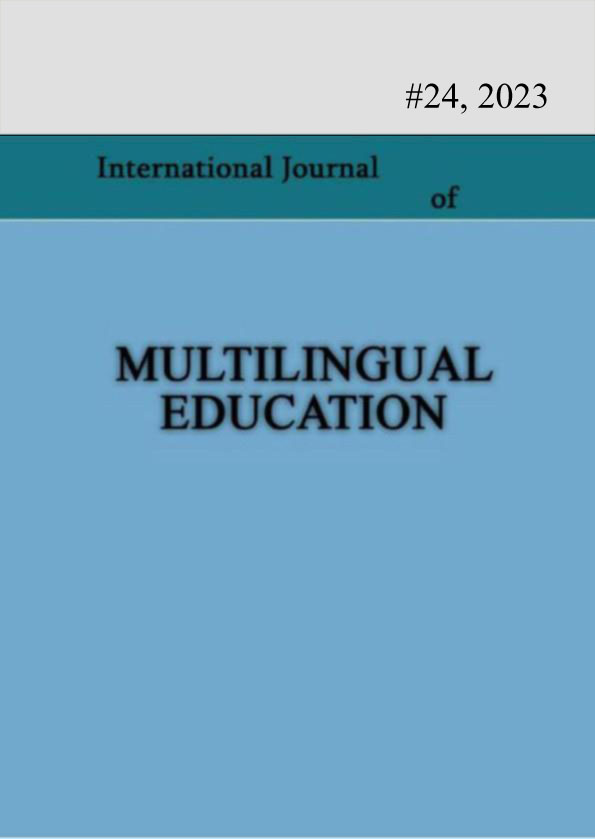Strategies and Methodologies for Second Language Learning
საკვანძო სიტყვები:
Second language learning, integrating technology into language education, Personalized approaches, Linguistic diversityანოტაცია
This paper examines the various strategies and methodologies used in second language learning,
with the goal of enhancing language acquisition and proficiency. It explores both traditional and
contemporary approaches, identifying their strengths and weaknesses, and offers insights and
recommendations for optimizing language learning experiences. The research also addresses the
challenges faced in second language learning, such as individual differences among learners,
insufficient teacher training, and limitations of current assessment methods. It delves into the
complexities of integrating technology into language education and the impact of classroom size
and time constraints on effective teaching. The paper aims to provide valuable guidance for
language educators, policymakers, and learners by critically analyzing existing literature and
offering practical examples. By identifying and addressing the challenges in language education,
stakeholders can work collaboratively to develop inclusive and effective strategies and
methodologies that promote optimal language acquisition and proficiency in diverse educational
settings. The paper highlights the importance of personalized approaches, adequate teacher
training, and comprehensive assessment methods in language education. It also emphasizes the
need for technology integration, optimized learning environments, and culturally relevant content
to foster a positive language learning experience for all learners. Ultimately, the paper suggests
that by valuing linguistic diversity and working collaboratively, we can create a more inclusive,
engaging, and effective language learning landscape that enriches the global community
ჩამოტვირთვები
გამოქვეყნებული
როგორ უნდა ციტირება
გამოცემა
სექცია
ლიცენზია

ეს ნამუშევარი ლიცენზირებულია Creative Commons Attribution-NonCommercial 4.0 საერთაშორისო ლიცენზიით .

